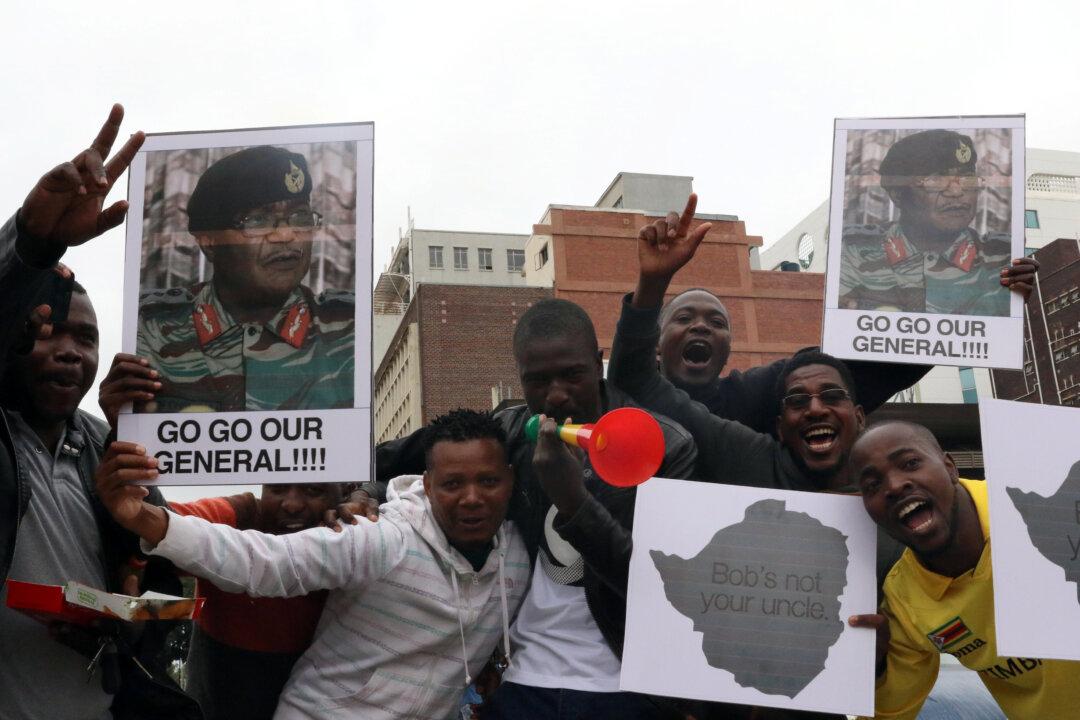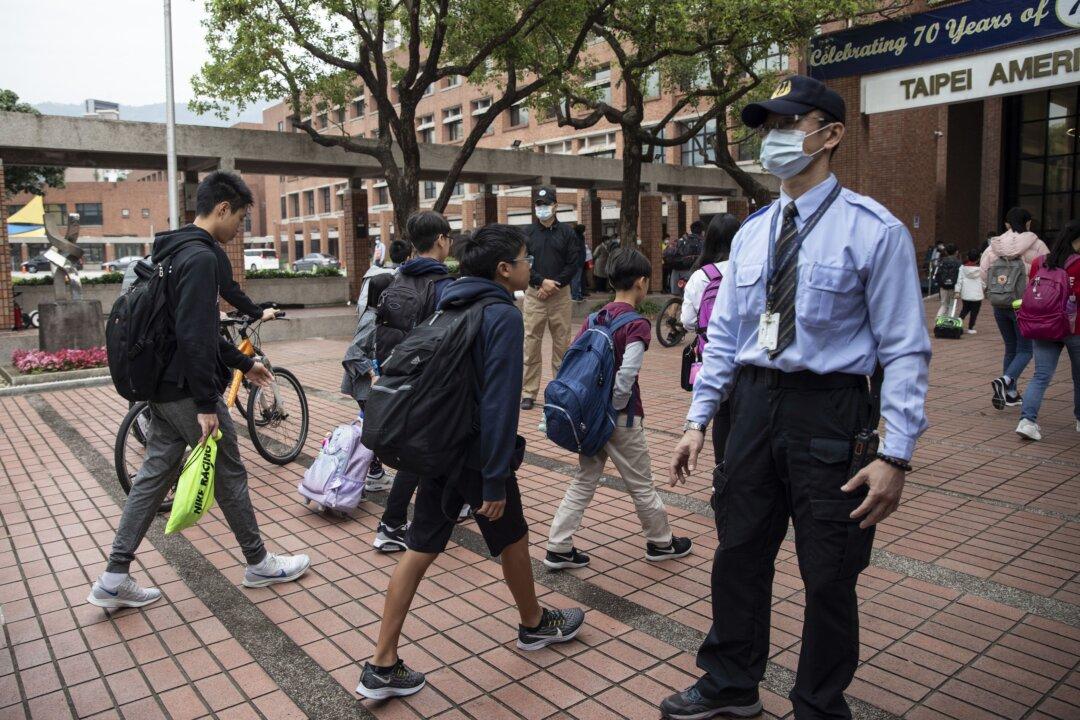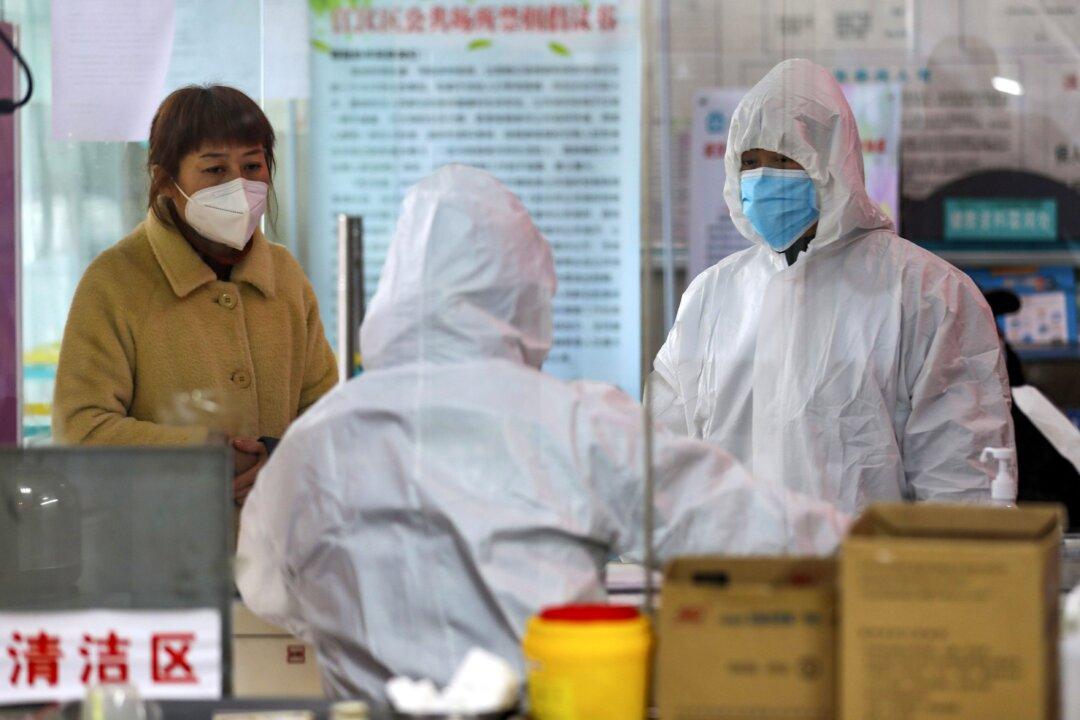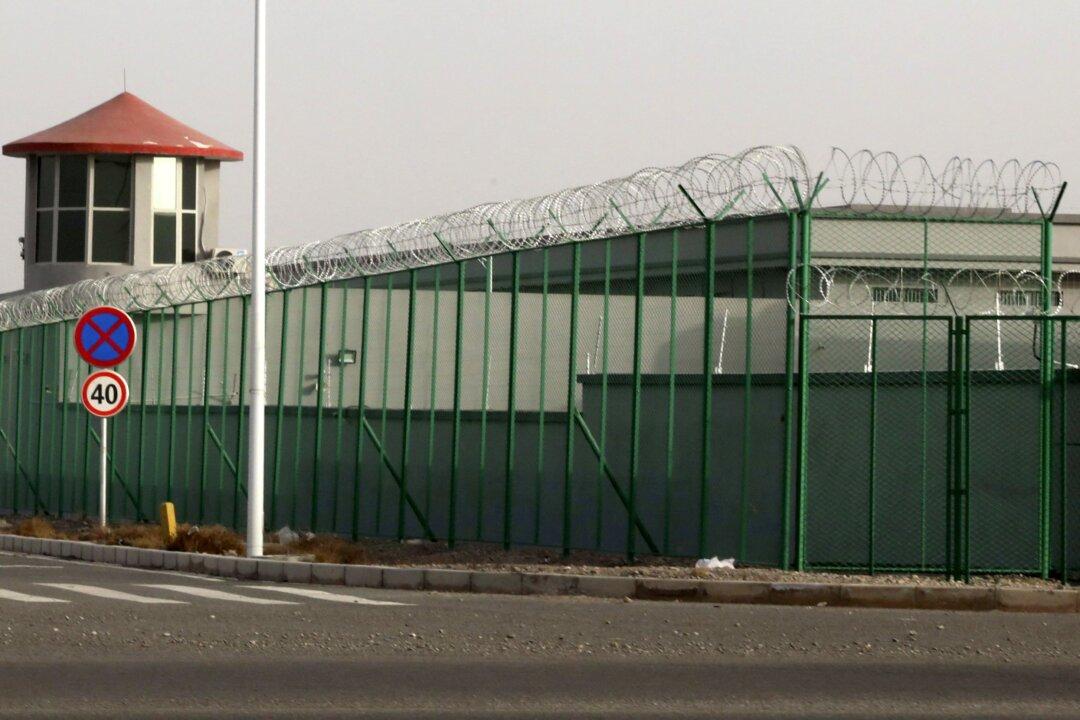During virtually all of Robert Mugabe’s 37-years as Zimbabwe’s despot, the nation was, with North Korea and post-1979 Iran, one of the world’s most corrupt and misruled nations. In sharp contrast, neighboring Botswana provided during the same period almost model democratic governance.
Human Rights Watch reported in 2016: “(Mugabe) intensified repression against thousands of people who peacefully protested human rights violations and the deteriorating economic situation…civil society activists, journalists, and government opponents, were harassed, threatened or faced arbitrary arrest by police. Widespread impunity continued for abuses by police and state security agents.”





